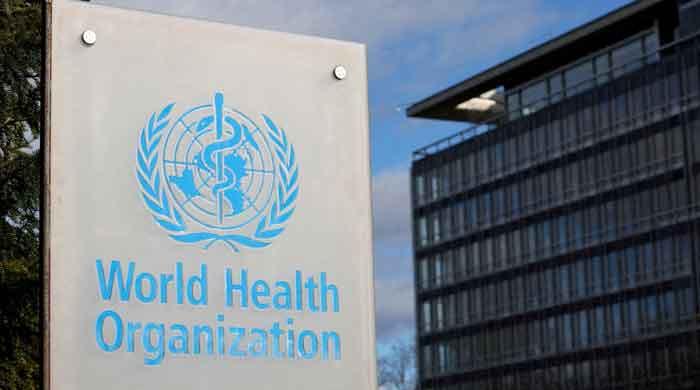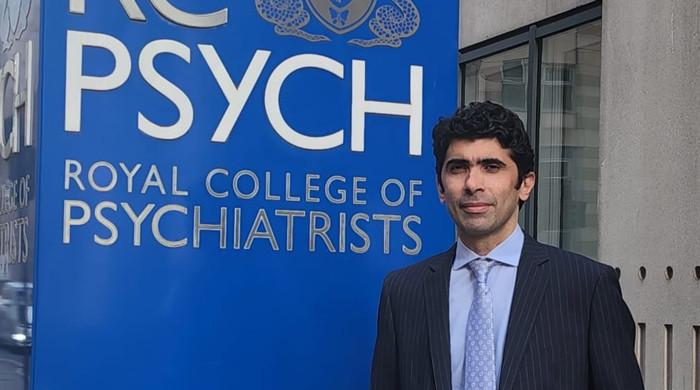Late dinners linked to increased stroke risk: Scientists warn against eating after 9pm
Those eating dinner after 9pm were found to be 28% more likely to experience a stroke
December 15, 2023

A recent study suggests that dining after 9pm might elevate the risk of strokes and mini-strokes, shedding light on the potential health impacts of meal timing.
Examining over 100,000 individuals in France, the research focused on participants' meal schedules through extensive food diaries. Those eating dinner after 9pm were found to be 28% more likely to experience a stroke or mini-stroke compared to those who dined before 8 pm.
The study, spanning an average of seven years, identified approximately 2,000 cases of cardiovascular disease, including heart attacks and strokes.
Notably, the research emphasised the significance of meal timing, proposing that our evolutionary patterns favour earlier eating. While animal studies indicate potential associations between late-night digestion and elevated blood sugar and pressure, more research is required to draw conclusive links.
Dr Bernard Srour, the senior author of the study, highlighted the potential health risks associated with late-night dining, particularly for individuals who attribute their dining times to busy schedules.
The findings underscore the importance of considering meal timing as a factor that may impact health, particularly in women, who constituted nearly 80% of the study participants.
The study, published in Nature Communications, delves into the relationship between breakfast and dinner timings and the risk of cardiovascular diseases.
While no heightened risk of coronary heart problems was observed for those eating dinner after 9 pm, each hour delay in dinner was linked to an 8% increased risk of strokes or mini-strokes.
Additionally, every hour delay in breakfast was associated with a 6% higher risk of various cardiovascular diseases, with significant implications for women participants.
The study also supported earlier research suggesting that prolonged overnight fasting may contribute to better health outcomes, particularly for those who consume dinner early.











